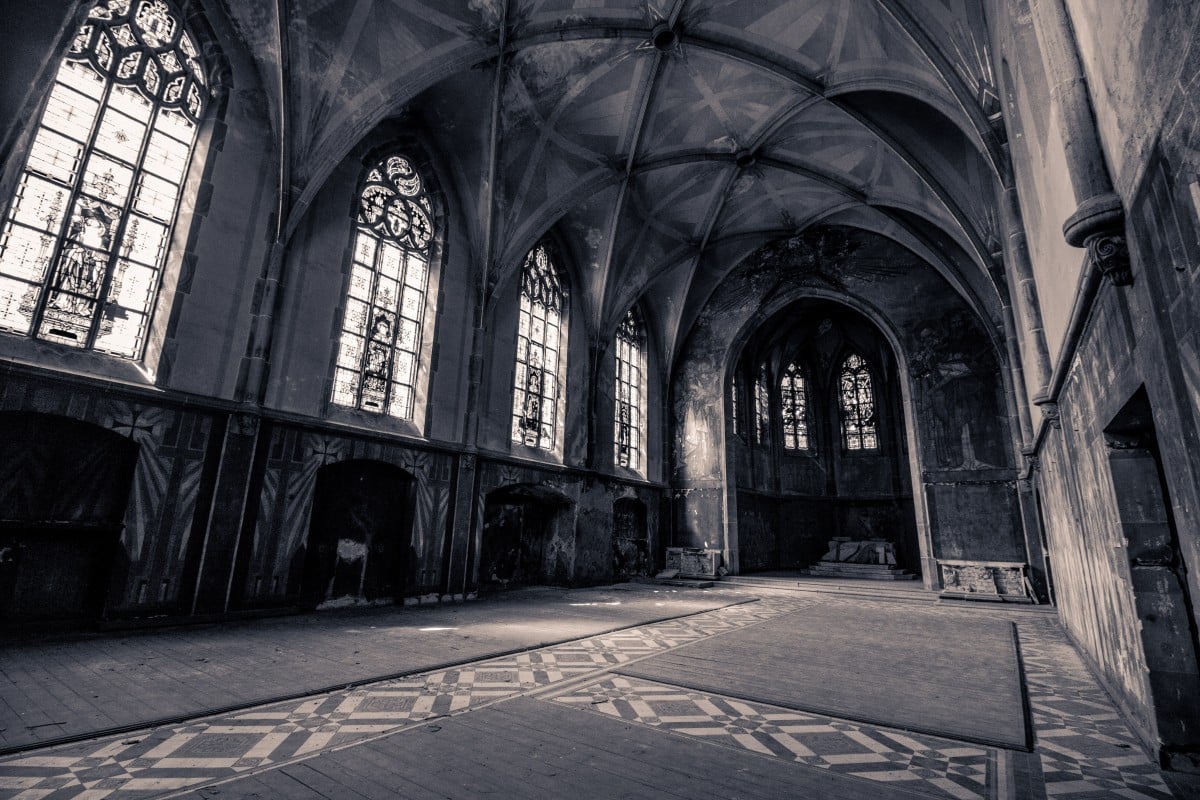When, nearly two decades ago, I sensed a calling to become a Christian academic, I pictured a career in which I helped to replace people’s doubt with intellectually stable faith. God was calling me, I thought, to explain the Christian worldview to those who were unsure of its cogency. I did not anticipate that I would myself struggle with doubt, sometimes intensely and for protracted periods. These struggles have been exacerbated by the feeling that I am failing at the role I am called to play–that of a confident, intellectually sophisticated defender of the faith in an era of increasing unbelief.
Login to read more
Sign in or create a free account to access Subscriber-only content.
Topics:
